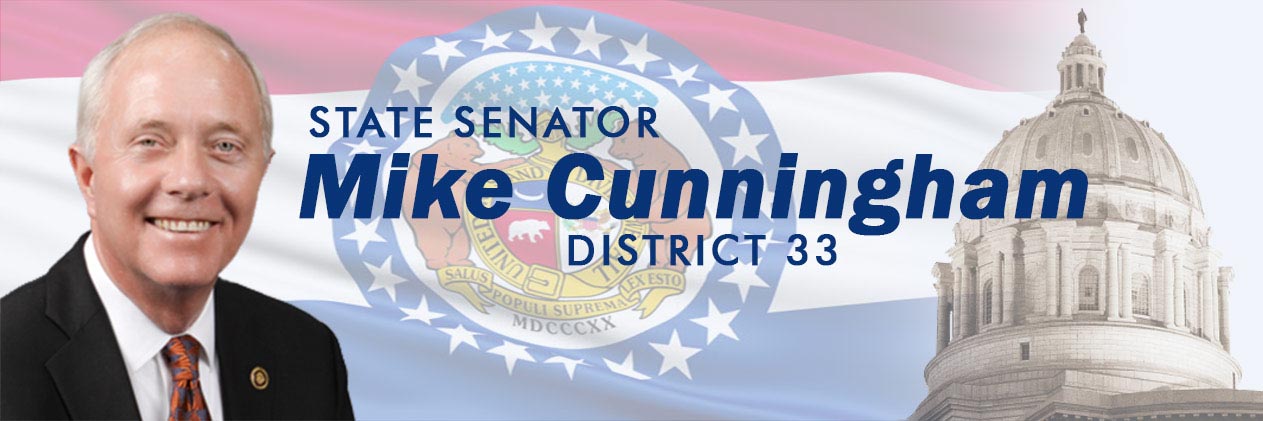|
Legislative Column for Nov. 30, 2018 On Nov. 6, Missouri voters expressed their preferences on a number of important ballot issues. One of the most hotly debated measures was Amendment 1, which dealt with lobbying, campaign finance and legislative redistricting. Voters approved the constitutional amendment by a wide margin. The ethics portion of Amendment 1 appealed to many voters but, frankly, this is the least troublesome part of the measure. Few people inside the Capitol object to limiting lobbyist gifts or campaign contributions. The most contentious portion of Amendment 1, which began with an initiative petition, rewrites the rules on how legislative district boundaries are determined. Redistricting is a complex issue and fair-minded people can disagree on the best approach. Amendment 1 requires significant changes and legal challenges are likely until new lines are drawn following the 2020 Census. Surprisingly, an innocuous-sounding section of the legislation raises more immediate concerns for many lawmakers: “Legislative records shall be public records and subject to generally applicable state laws governing public access to public records . . . ” What’s wrong with that? Of course, we want legislative activities to be conducted in the sunshine. No back room deals and secret proceedings for Missouri, right? Well, as in all things, the devil is in the details. The public records language of Amendment 1 may prove to be the provision that most directly affects Missourians. What constitutes a “legislative record”? Certainly, proceedings in the Senate chambers are public and records of those activities are available to all. Likewise, committee hearings are public. But what about private correspondence from constituents? That’s where things get tricky. If you send my office an email, is that a public record? Amendment 1 says legislative records include “all records that are created, stored or distributed through legislative branch facilities, equipment or mechanisms, including electronic.” In layman’s terms, that means your emails are public records subject to disclosure under Missouri’s Sunshine Law. Imagine that you have a concern about an interaction with a Missouri state agency. Your child attends a special education school. You have a landowner issue with a state agency. You wish to discuss a regulation or policy and how it affects you personally. These are the sorts of topics that cross a Missouri legislator’s desk every day. I am confident that Missouri voters did not intend to make their private communications public when they voted for Amendment 1. But like the “click here to accept” boxes you see when accessing websites and viewing social media content, often there are unintended consequences to otherwise innocent and well-meaning decisions. I believe the passage of Amendment 1 is one of those cases. So what should the citizens of Missouri do? Should you stop communicating with your elected representatives until the technicalities of Amendment 1 are ironed out? No, of course not. I still want to hear from you. If you have any concerns about Missouri government, my door is always open and so is my email box. However, I suggest you consider carefully the information you provide to any state government office, including my own. Think twice before including private details, such as Social Security numbers, medical histories, financial records or other private information when writing legislators and state employees. We may need more information to address your concerns, but it’s wise to withhold specifics until necessary. Regular readers of my column may recall that I aired this concern prior to the election. Protecting constituents’ private information is a great concern, and I pledge to do all I can to keep our communications confidential. I want to hear from you, but you need to be aware of the pitfalls contained in Amendment 1. Keep those emails and letters coming, but limit the amount of personal information you provide. When in doubt, leave it out. As always, I appreciate it when groups from around Missouri and from our community back home come to visit me at the Capitol. If you would like to arrange a time to come and visit me in Jefferson City, or if you ever have any questions, please don’t hesitate to contact my Capitol office at (573) 751-1882.
|
Missouri Senate — 2018
Missouri General Assembly

